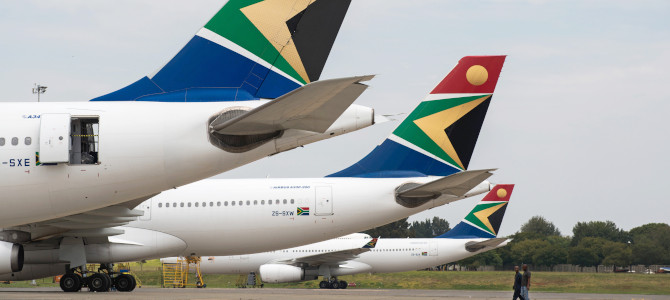By Samson Echenim
The need to enhance intra-African connectivity through collaborations among nations and industry players was the major theme of recently held African Airlines Association (AFRAA) annual general assembly.
African airlines continue to seek growth through intra-continental connectivity, but unhealthy aeropolitics has remained the bane of development for airlines in the region.
At the 51st annual general assembly hosted by Air Mauritius, the airline operators called for enhanced intra-African connectivity through collaboration among African airlines in order to better tackle key challenges they face and grow their market share through intra African networks.
The assembly, which brought together leading airline CEO’s and air transport decision makers and stakeholders, extensively examined ways to achieve success in an integrated and interconnected Africa to establish an environment where aviation can thrive and prosper.
Abdérahmane Berthé, AFRAA secretary general said: “Stakeholders have underscored that the Single African Air Transport Market (SAATM) and the African Continental Free Trade Area (AfCFTA) are major opportunities for our region, but we need profitable and globally competitive airlines in order to reap the dividends. We are certain that the insights and partnerships from our 2019 AGA will contribute to the momentum towards a stronger aviation industry in Africa.”
Berthé pointed to the fact that in 2018, AFRAA member airlines expanded their networks on both intra-Africa and intercontinental routes. Six AFRAA member airlines launched a total of 23 new routes connecting 14 intercontinental destinations and nine cities within the continent.
It was also noted that the potential for air traffic growth in Africa is significant and the removal of restrictions and non-physical barriers for the movement of people, goods, and trade as well as the reduction of taxes and charges are vital steps to reduce the cost of travel in Africa and promote the emergence of low-cost carriers.
Somas Appavou, CEO of Air Mauritius said: “Air connectivity has greatly contributed to the development of our country which makes Mauritius an excellent example of the impact that aviation can have on a country’s economy. In Mauritius, air connectivity contributes 22.6 percent to the GDP representing USD 3 billion in terms of economic activity. We are positioning ourselves to further develop the sector. This can only be envisaged within the broader regional and African context. As African airlines, we all have similar preoccupations and AFRAA’s 51st AGA has created a conducive environment for us to ponder on how best to harness the full potential of Africa’s aviation.”
Among the resolutions, this year’s assembly resolved to set up an Instructor Development Programme for AFRAA Member Airlines (IDPA) aimed at developing 100 highly qualified instructors in the next five years (20 per year) with sponsored tuitions to support Human Capital development which is now critical given the fast-growing demand of air transport services in Africa.








